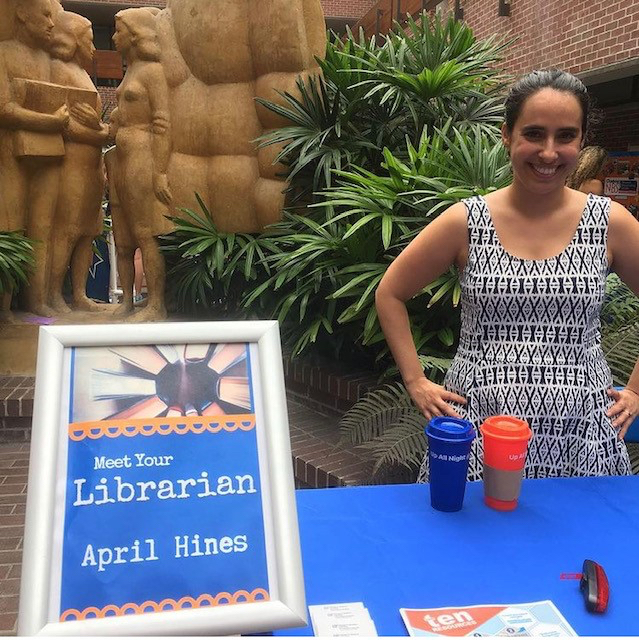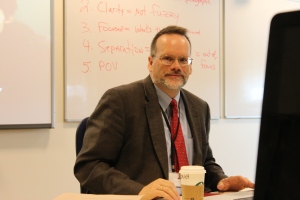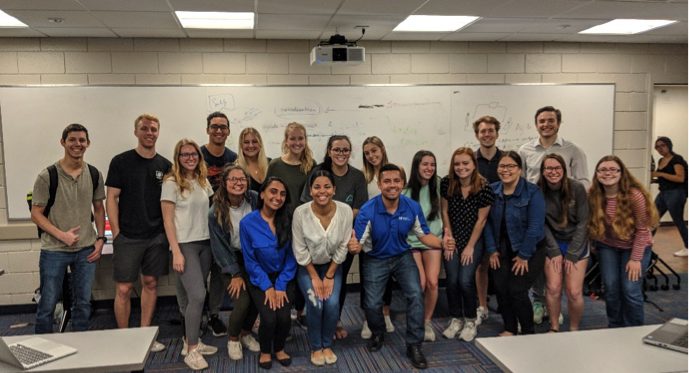
by Dr. Danielle Bradley
Almost every teacher has heard the overwhelming and unanimous groans when announcing it’s time for students to write.
Writing assignments are not usually a crowd favorite, and often teachers struggle to make this instruction meaningful and even fun.
So how does the teacher avoid grading hundreds of unimpressive writing samples while also garnering buy-in from students? The answer is scaffolding writing lessons.
What is scaffolding?
Scaffolding in education is a technique that allows teachers to use various levels of support while helping students reach higher levels of comprehension and independence. In basic terms, scaffolding involves breaking up concepts or skills into smaller parts and then providing the assistance for students to learn each component.
Scaffolding lessons can be incorporated into any classroom K-12 or at the college level. This strategy works great with any curriculum and level of learner as well. Whether a new or veteran teacher, slowing down the pace of teaching challenging content is a win for the teacher and students.
Continue reading




